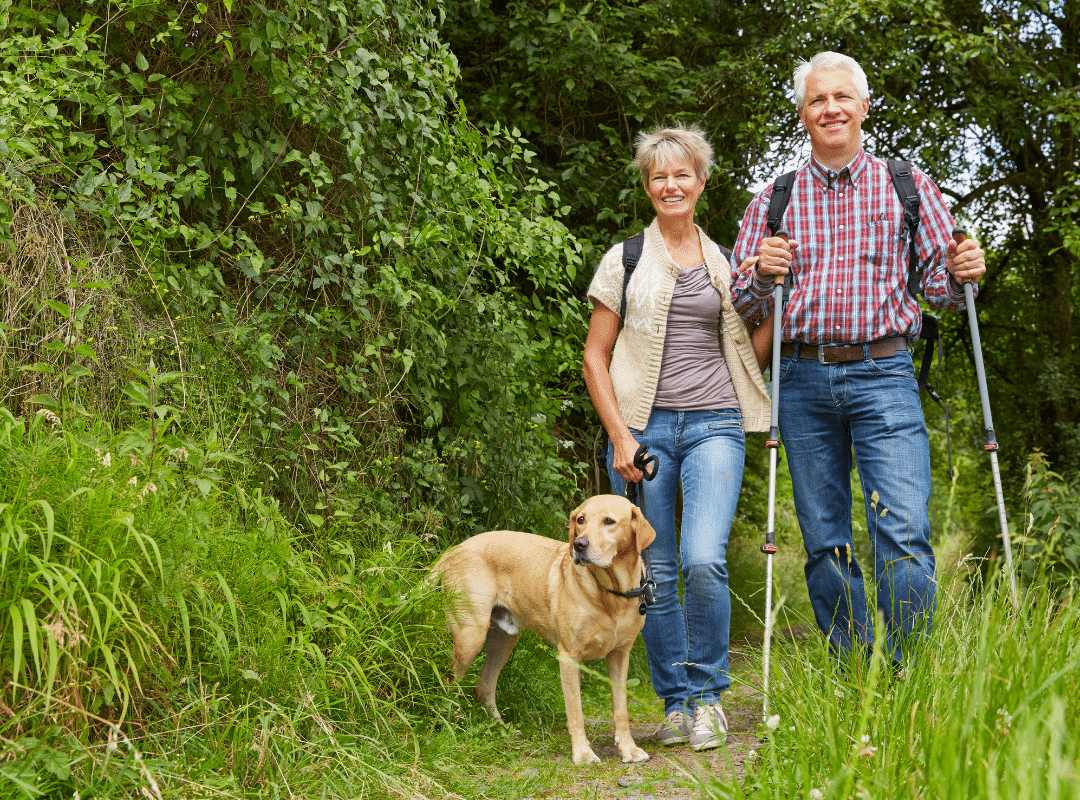
Fun Places to Go in Fresno, CA for Seniors and Families
Fresno is a vibrant city full of attractions that cater to all ages, including seniors seeking enriching, leisurely experiences. Whether you’re a local or planning
Gain expert insights and practical tips to help seniors and their families navigate senior living with confidence.
Category: Health

Fresno is a vibrant city full of attractions that cater to all ages, including seniors seeking enriching, leisurely experiences. Whether you’re a local or planning

Lincoln City is more than just a picturesque coastal town—it’s also home to one of the most vibrant and inclusive senior recreation programs in Oregon.
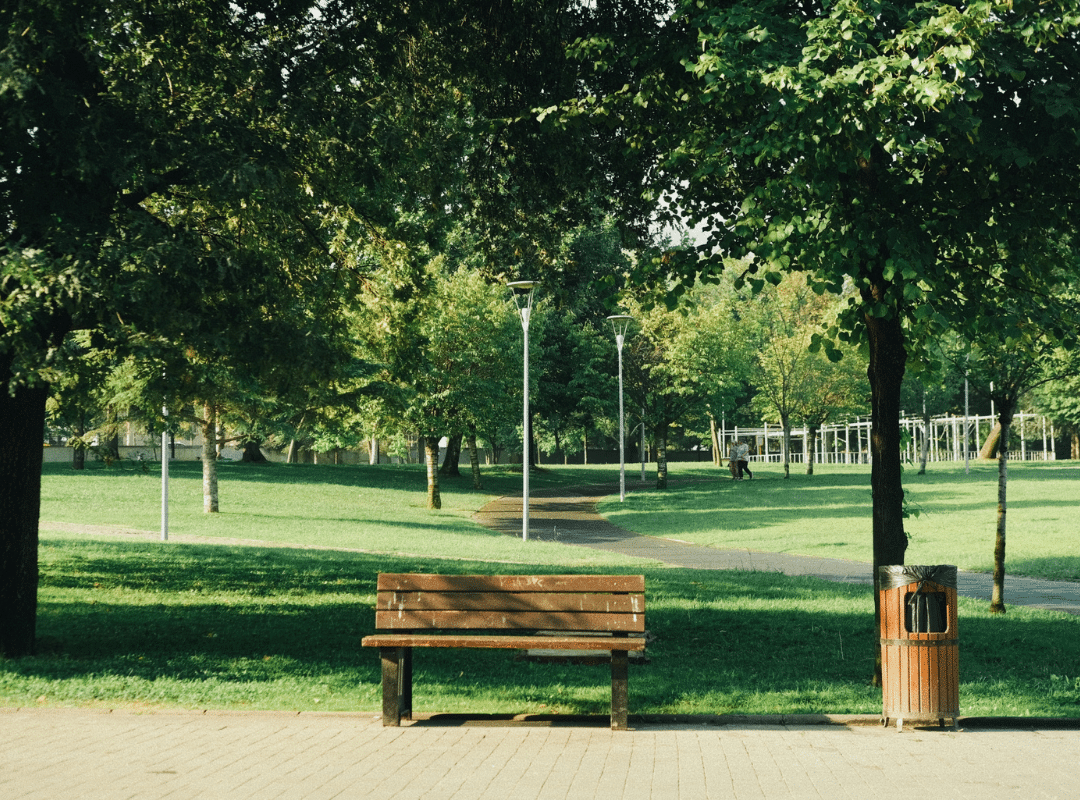
Looking for a way to refresh your mind, move your body, and connect with nature? Whether you’re a senior seeking peaceful walking paths, a family

If you’re looking for a peaceful escape or a vibrant space to stay active, Riverside, CA, parks offer something for everyone. From scenic trails and

Choosing the right local assisted living facilities can feel overwhelming—but it doesn’t have to be. Whether you’re helping a parent, grandparent, or loved one transition
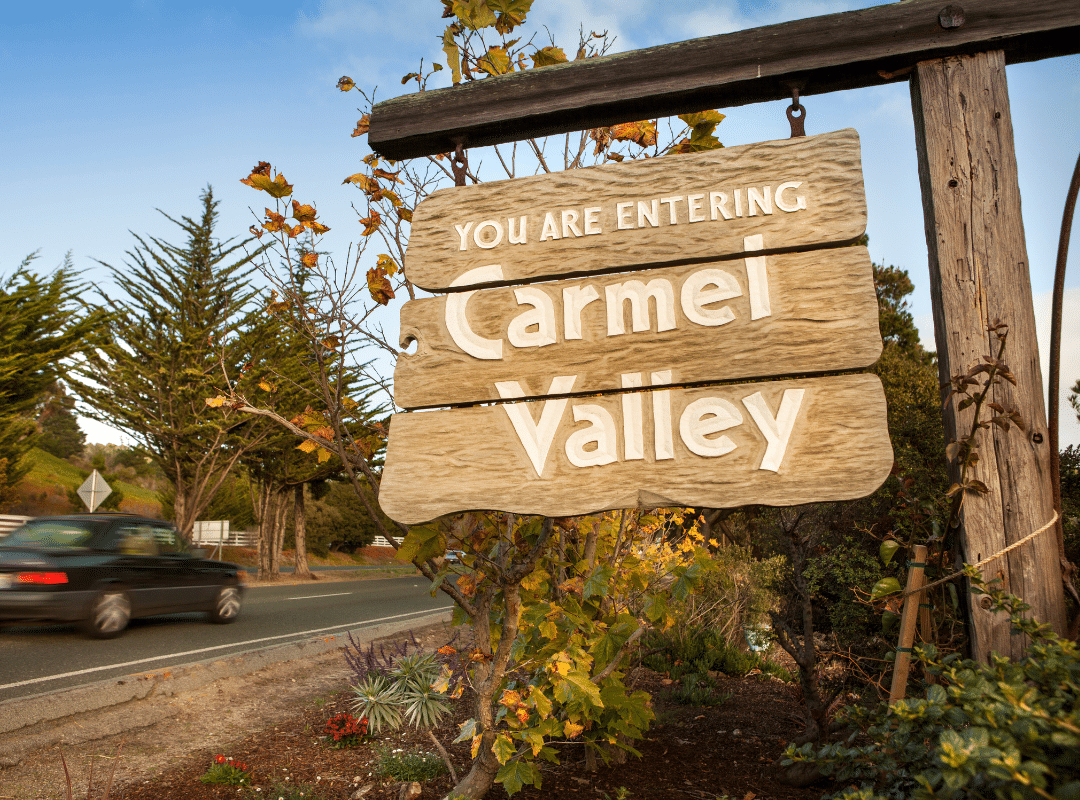
When life becomes overwhelming, spending time in Carmel Valley Parks offers a soothing and rejuvenating solution—especially for seniors. Whether you’re seeking peaceful solitude, engaging community
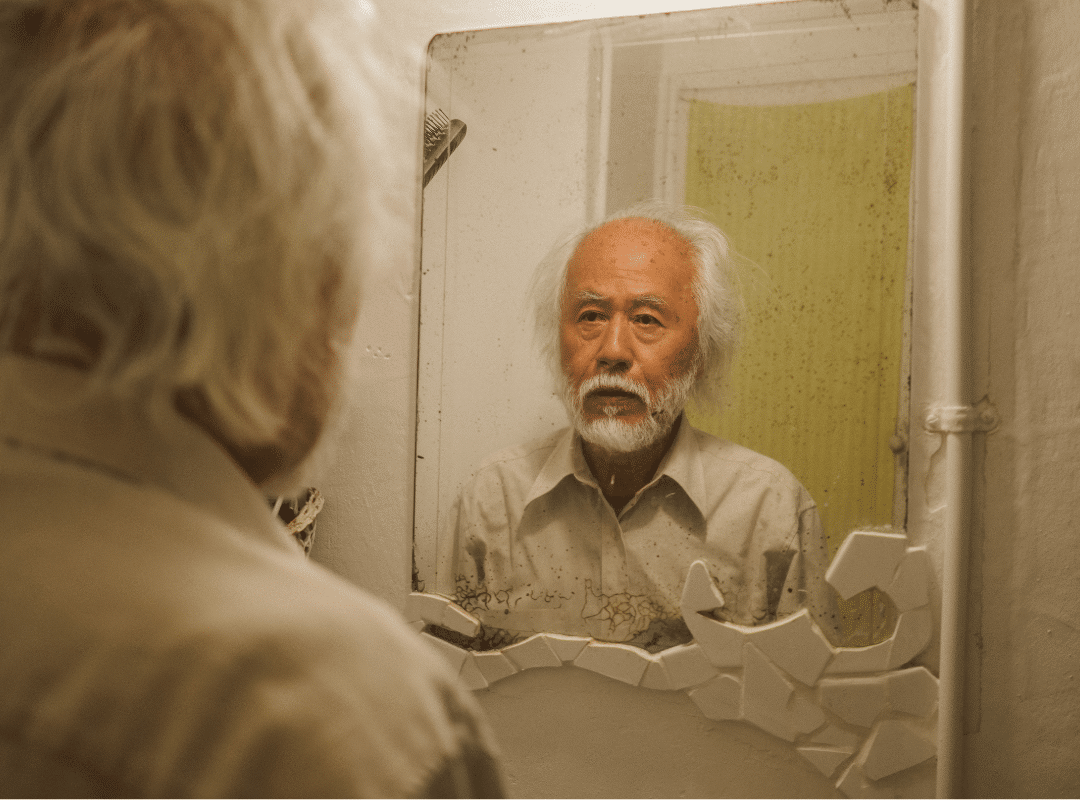
When people ask, “Is dementia considered a mental illness?” they are often trying to understand what kind of care and support their loved one may
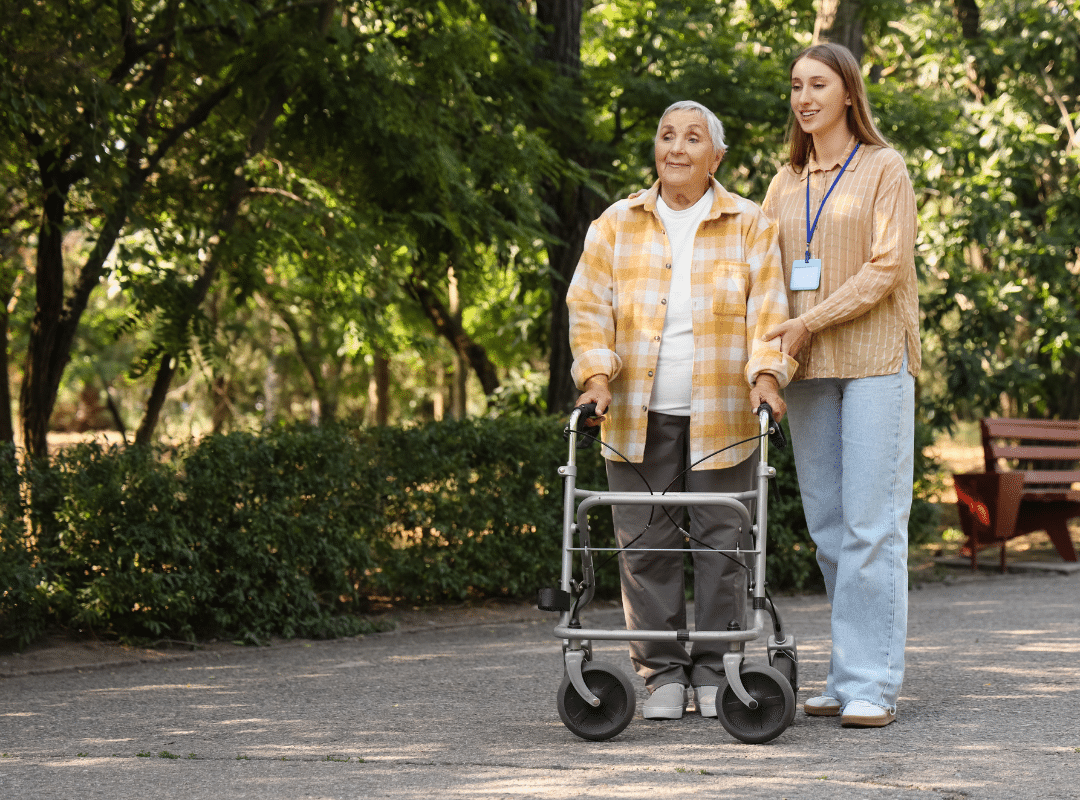
Finding ways to stay active, socially engaged, and connected with nature is vital for seniors—and Riverside, CA parks offer exactly that. Whether you’re seeking quiet

Stepping into retirement is more than the end of a career—it’s the start of a vibrant, meaningful chapter of life. At Westmont of Escondido, we

Finding hairstyles for women over 70 that are both flattering and easy to manage can feel overwhelming, but it doesn’t have to be. Whether your
Discover the level of care you or your family member requires.
Popular Blogs





Find out if you or your loved one’s current lifestyle is best suited for long, healthy aging.
Each of our communities across California and Oregon offers a unique blend of activities, connection, and wellness.
Embrace a lifestyle where your interests and independence are celebrated every day.
9000 Murray Drive La Mesa, CA 91942
Luxury redefined in a resort-style setting, tailored for dynamic senior living experiences.
190 Via Jero, Goleta, CA 93117
Where warmth meets care, curating an inviting senior living experience.
17050 Arnold Drive Riverside, CA 92518
A harmonious blend of belonging, independence, and enriching senior lifestyles.
All Rights Reserved. Powered by ConversionFormula.
Pick a Westmont community to explore and schedule your personal walkthrough!
Make yourself at home where a happy, healthy lifestyle goes hand-in-hand with your personal fulfillment, enrichment, and growth.
Answer a few quick questions to unlock the exciting future senior living can offer!